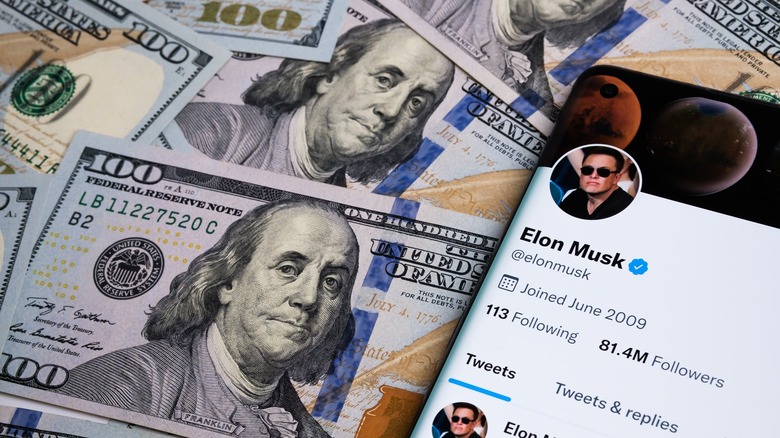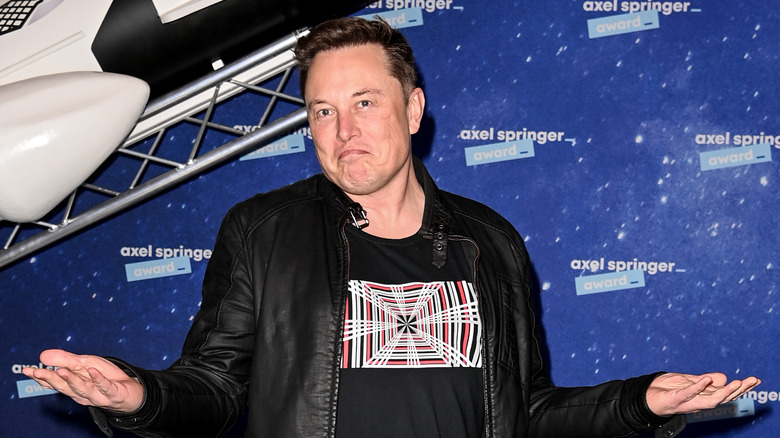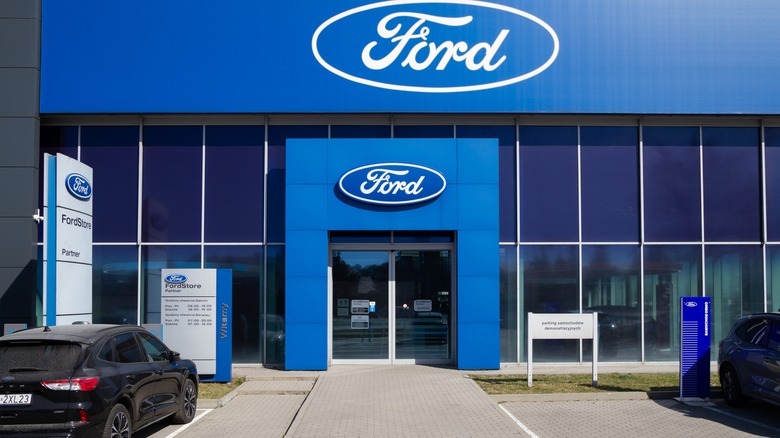Will Tesla's Rivals Leave Elon Musk-Owned Twitter?
Elon Musk's takeover of Twitter is finally complete, and the controversial billionaire's latest acquisition is dividing opinion around the world. While some are happy for the prospect of one of the world's most popular social media networks becoming a "free speech platform," others are threatening to leave altogether. Businesses are reacting too, and that could be bad news for both the company and its new owner. Twitter is heavily reliant on advertising. A mass exodus could see the world's richest man's $44 billion investment turn into one of history's biggest financial failures.
Some businesses may have worries beyond Elon's love of the first amendment. Musk, who already heads Tesla, The Boring Company, and SpaceX, is likely to become the company's new CEO. The Boring Company may not have too many high-profile rivals, and SpaceX's opposition isn't likely to be looking for customers on a social network. Tesla however has plenty of competition that advertises on platforms like Twitter. French vehicle manufacturer Citroen, which produces both gas-powered and electric vehicles, was one of the first to acknowledge the takeover tweeting "Hello to the social media platform owned by one of our competitors."
Hello to the social media platform owned by one of our competitors
— CitroÃ"n (@Citroen) October 28, 2022
With other manufacturers and businesses, things are a bit more complex. Even before the takeover was finalized, Musk was making attempts to balance out his free speech promises and the platform's appeal to advertisers. The direction the platform goes in over the next few weeks will have a large impact on whether it succeeds or fails, though some factors may be beyond Musk's control.
Musk made a plea to advertisers
Shortly before the takeover, Musk tweeted an open letter to advertisers which gave more details on his free speech stance and opinions on advertising itself. In the statement, Musk claims he bought Twitter out of concern for humanity and the "future of civilization." The billionaire says he wants the platform to act as a "digital town square" where a broad range of opinions and ideas can be discussed. However, Musk also hinted that there would at least be some restrictions on what users could say, stating that the platform "obviously can not become a free-for-all hellscape, where anything can be said with no consequences!"
Twitter's new owner also gave some indication about what his plans were for advertising on the platform. While it's not going to Mars, Musk's advertising goals for Twitter are ambitious, with the entrepreneur claiming he wants to make the social network "the most respected advertising platform in the world." He then went on to talk about targeted advertising, how "high-relevant" ads can be considered "content" and how "low-relevancy ads" are spam. Musk stated that he believes the correct kind of advertising can "delight, entertain, and inform" which plays into the idea that advertisements can, in fact, be "content."
The targeting of ads is how a lot of major tech companies make their money, and Twitter compiles a lot of information about its users. Musk's desire to make the platform more welcoming included a way for users to decide what content they see, similar to how movies and video games are rated by age bracket. While that system may have been mentioned to placate advertisers and avoid a mass exodus of users, a cynic could see it as yet another way to gather data.
Will electric car makers jump ship?
Despite Musk's plea, some companies are considering a shift from the platform. In addition to general concerns about the social media network becoming a hub of extremism and misinformation, motor manufacturers may have another reason to consider jumping ship. The company Musk is most closely associated with, Tesla, is in direct competition with the likes of GM, Ford, Lucid, Toyota, Volkswagen, and essentially every other manufacturer with a foot in the electric vehicle market. In an extreme case, Musk could tweak what the platform offers its advertising partners so his own company has a subtle advantage over its rivals. However, that scenario is probably closer to conspiracy than reality. On a basic level though, every penny these companies spend on Twitter advertising is money they're putting into a direct rival's pocket. Musk could theoretically pump money from other manufacturers straight into Tesla. This alone may be enough to put some businesses out.
Tesla has plenty of rivals, and the vast majority of them haven't directly commented on the situation. Whether or not they will make a decision to reduce the number of Twitter ads they run or abandon the platform entirely remains to be seen. Despite the tweet pointing out that its rival now owns Twitter, Citroen hasn't indicated it is going to leave the platform or stop running Twitter ads. However, two far bigger fish have decided to pump the brakes.
Two big names are assessing the situation
Both General Motors and Ford have temporarily stopped putting ads on the platform while they assess exactly what Twitter is going to be like under its new owner. In a statement, GM said: "We are engaging with Twitter to understand the direction of the platform under their new ownership. As is the normal course of business with a significant change in a media platform, we have temporarily paused our paid advertising. Our customer care interactions on Twitter will continue." Ford expressed similar sentiments, stating that it is not currently advertising on Twitter and the company will "continue to evaluate" the direction Twitter takes under Musk.
While they aren't paying for ads on the platform, Forbes claims that both Ford and GM have said they will still maintain accounts and use the social media network to engage with customers. Several of Musk's other electric rivals, including Lucid and Fisker, claim they have no plans to change the way they use Twitter. Whether GM and Ford go back to advertising on Twitter, or more companies decide to leave, remains to be seen. Either way, the direction Musk steers the company in is more likely to have an impact than his ties with Tesla. Big changes have already been made, and many more are likely to come.



